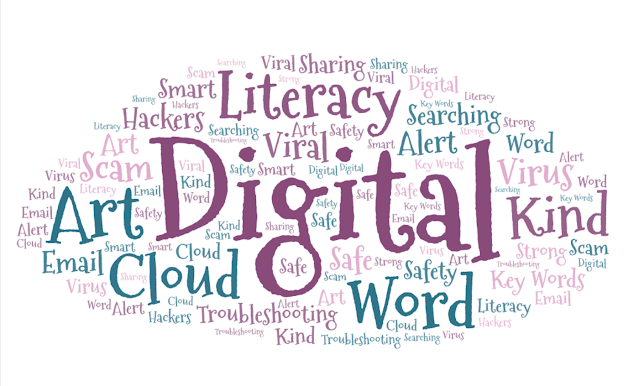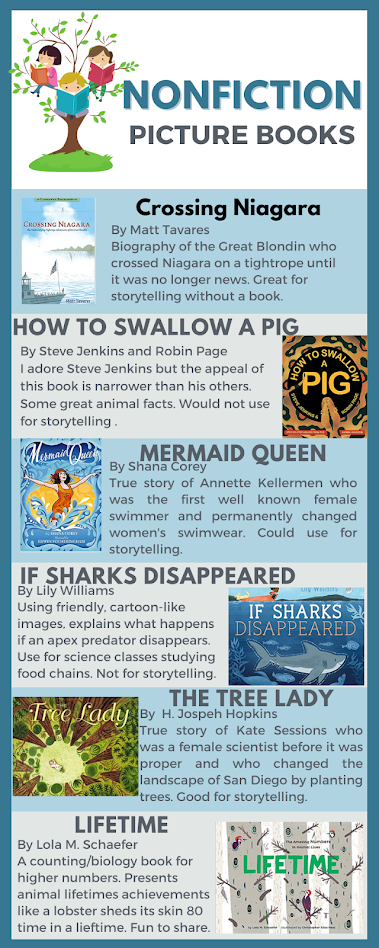Inquire
For this interview, I chose the foundation of inquire. Most of this foundation she implements through collaborations. She mainly collaborates with English teachers. She teaches research skills, introduction to databases, noodle tools, and note taking. What she tells students is that she has completed any assignment that they have. She shows them the steps she goes through to complete the project. She shows them the questions she asks herself and where she looks for answers. While student do not have to follow her exact steps, I think her modeling is really a big part of inquire. Then she spends a fair amount of time doing one on one research help. She tells the teachers and the students, if kids can read and research, they can learn anything.
Challenges regarding the shared foundations are a lack of understanding by other teachers and administrators. She does share the foundations with the administrator who evaluates her, but there are 7 administrators between her two school and none of them have ever worked with a certified librarian before. They have no idea what AASL shared foundations are or what Kern's job really is (which is why she has so much on her plate).
Kerns views the shared foundations as a framework, not a bible. She has seen presentations from the librarians who worked on the committee to write the standards and knows that some jobs allow the standards to be easily implemented. They work at schools with library curriculums and have one school library they are in charge of.
One distinction between Kerns and the other librarians that I interviewed is active leadership in a professional organization. Having worked in both public and school libraries, Kerns has worked alongside leaders in ALA and AASL and views the standards as helpful and important. She could not name all 6 shared foundations, but she views connections to professional organizations as critical to professional growth. She even had a group of 3 retired school librarians come in and help her weed her nonfiction section. She has many connections with other librarians in the area and knows the laws and rules from her many years of service. Her view of the standards is helpful to me. She has found a way to use them as a guide for personal professional practice without dwelling on the fact that no one she works with knows the standards.



Comments
Post a Comment